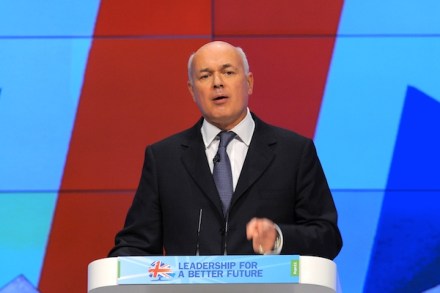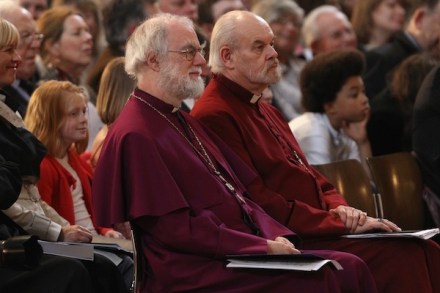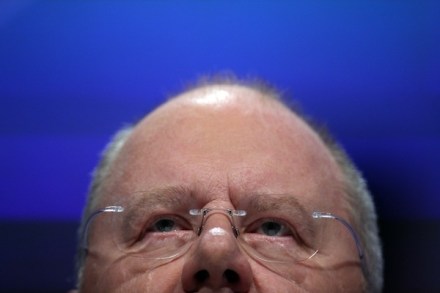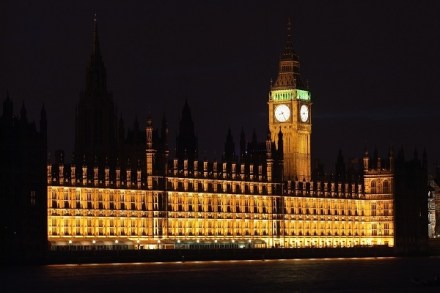How not to create jobs
The Keynes vs Hayek debate is at its sharpest on the issue of employment. Can government create jobs (as Balls says)? Or does large public sector employment simply displace economic activity that would happen elsewhere (as Osborne says)? A fascinating study has been released today by the Spatial Economics Research Centre at the LSE showing the damage done by public sector employment to the real economy. Drawing on a huge amount of local-level data over an eight-year period, it’s a serious piece of research that is worth looking into and deserves to impact our economic debate. 1. First, what is seen. In the short term, hiring someone to work for





















